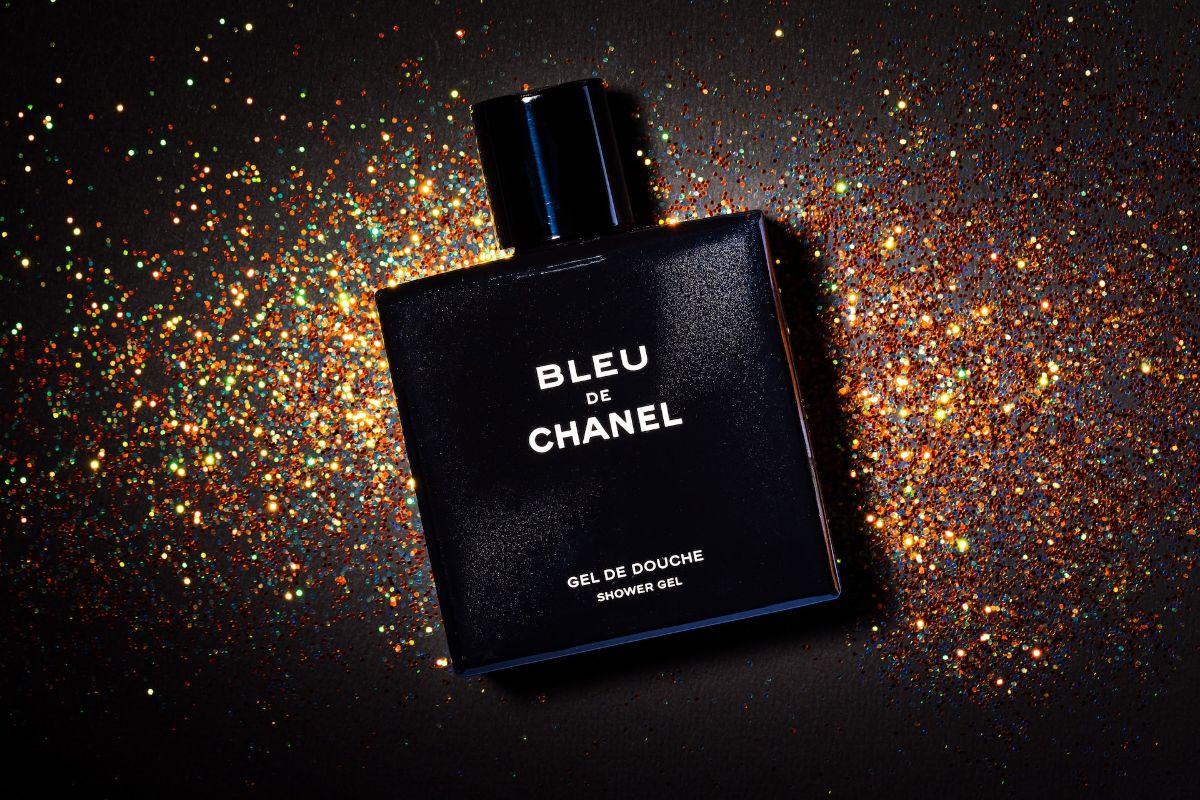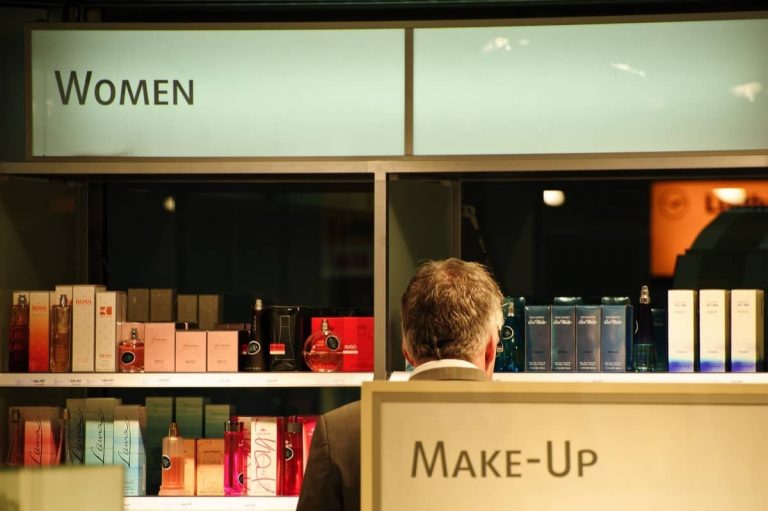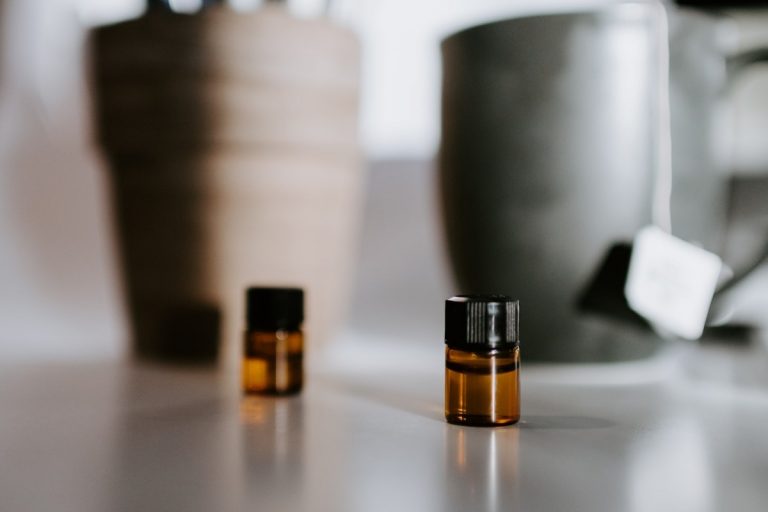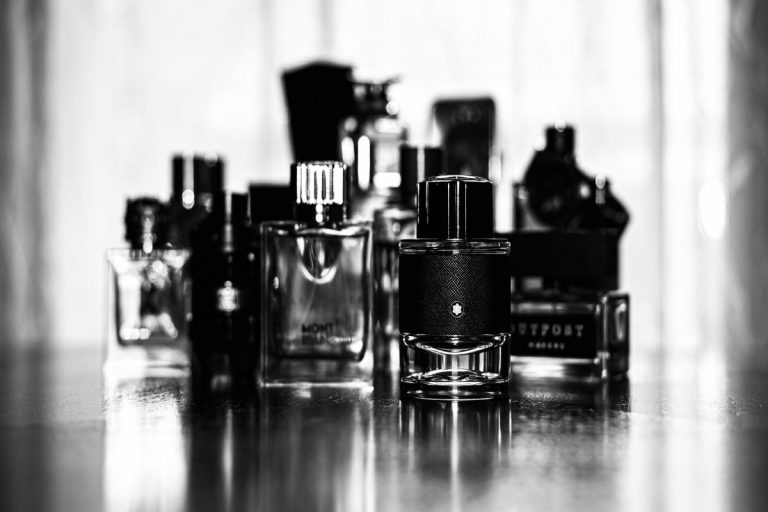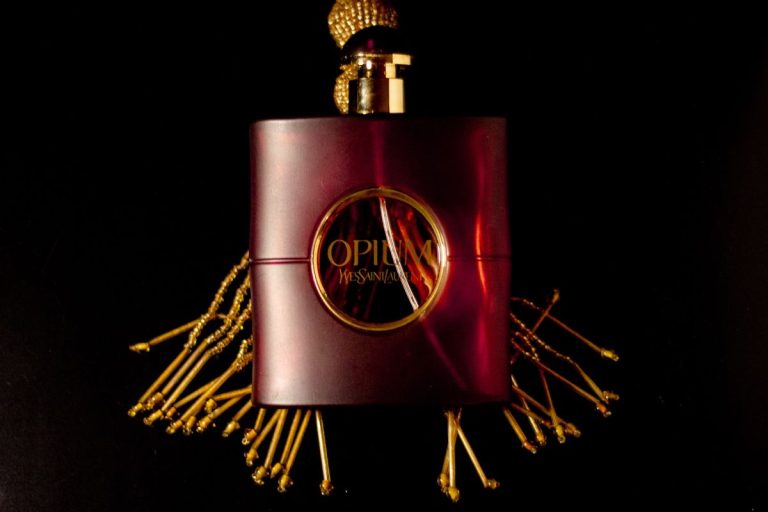Perfume reformulations have become more common in the fragrance industry in recent years. This is due to a number of factors, including ingredient shortages, shifts in consumer preferences, and new regulations governing the use of specific chemicals.
While some perfume lovers see reformulations as a way to breathe new life into old favorites, others see them as a betrayal of the original scent.
Fragrance reformulations can be difficult for both perfumers and consumers, yet, they can also result in the creation of bringing back your favorite fragrance from the past close enough to the original formulation.
Even with all the potential issues with this line of work, perfumers can get creative and experiment with new ingredients and formulas.
Affiliate Disclosure: As an Amazon Associate I earn from qualifying purchases. Purchasing via provided links/banners comes at no additional cost to you. Scent Grail only recommends products and/or services that are insightful and helpful to readers. For more info please read Affiliate Disclaimer.
In this article, we will explore all the different factors that come into play when discussing this not-so-popular topic within the fragrance community. By the end, you will have a better idea of why you shouldn’t be so worried about reformulations. Let’s get started!
Overview of perfume reformulations

WHAT ARE PERFUME REFORMULATIONS?
The process of changing the formula of a fragrance is referred to as perfume reformulation. This can include changing the concentration or combination of raw materials used in the fragrance, as well as the manufacturing methods used to create the scent.
WHY ARE THEY HAPPENING?
Perfume reformulation can occur for a variety of reasons, including changes in regulatory requirements, consumer preferences, shortage of a particular, ingredient, or a desire to improve the performance or cost-effectiveness of a fragrance. Changes in regulatory requirements are a major reason for changing your favorite perfume formula.
Because the perfume industry is subject to stringent regulations by the International Fragrance Association (IFRA) regarding the use of specific ingredients, reformulations are frequently required to ensure compliance.
In Europe, for example, the use of certain allergenic raw materials like oakmoss has been restricted in past decades, prompting many fragrance companies to reformulate their scents to comply with these regulations.
Furthermore, changes in consumer preferences or trends can also be one of the factors for this. As consumer tastes evolve, perfume companies may need to change their fragrances to remain relevant and appealing to consumers.
For example, there has been a growing demand in recent years for more natural and sustainable fragrances from brands such as Jo Malone, prompting many companies to change their scents to include more natural and environmentally friendly ingredients.
WHAT IMPACT DO THEY HAVE ON THE FRAGRANCE INDUSTRY AND CONSUMERS?
Perfume reformulations have the potential to significantly impact the fragrance industry and consumers. It can be costly and time-consuming, necessitating extensive research and development to ensure that the new fragrance formula retains the original scent profile while meeting any new requirements.
It can be frustrating for perfume users because they may no longer be able to find the fragrance they once loved, or it may smell different than they remember.
This can cause confusion and disappointment, as well as the loss of loyal customers. Reformulations can also allow consumers to discover new fragrances and experiment with different scent profiles.
While we can get disappointed by this, the ban of natural musks such as deer musk and civet in the 1980s is actually a positive thing, and thankfully, not a single commercial perfume contains it.
The creative process, consumer reactions, and the future
In this section, we will explore the additional topics that impact our view about the reformulations and the technical details about them.
CREATIVE PROCESS INVOLVED IN PERFUME REFORMULATIONS
The creative process of perfume reformulation is intricate and complex. To reformulate perfume while retaining the original character of the fragrance, perfumers must experiment with new natural or synthetic ingredients and formulas.
The goal is to create a fragrance that is updated, modernized, and meets current trends and preferences without diluting the original scent’s essence. The first step in the creative process is to identify the ingredients that are required to keep the fragrance’s original character.
Signature ingredients, such as replacement floral notes or woody accords, that are essential to the fragrance’s identity, are usually included. After identifying these key ingredients, the perfumer can experiment with new ingredients that complement or enhance the original scent profile.
The perfumer may try different combinations of ingredients and adjust their concentration levels during the experimentation phase to create a scent that is both appealing and unique.
They may also experiment with new manufacturing methods, such as using different extraction techniques such as in the case of patchouli or orange flower to enhance the scent of specific ingredients. In some cases, the perfumer may choose to update or modernize the fragrance by adding new accords or notes which is rarely a popular choice.
Consumer preferences, cultural trends, and the competitive landscape can all have an impact on the creative process of perfume reformulations. Perfumers may find inspiration in the latest fragrance trends or cultural influences. They may also conduct market research to identify new opportunities for product differentiation and innovation which was the case for the Dior Eau Sauvage Parfum 2017 reformulation.
It is important to note that perfume creation and reformulation are the results of a highly collaborative effort. The perfumer will collaborate with a team of experts, which will include marketing professionals, research scientists, quality control specialists, and the general public as well.
They will assess the new scent profile together to ensure that it meets the brand’s standards and expectations and most importantly, keep the original formula as much as possible.
In some cases when there is a shortage of natural raw ingredients and the synthetic replica oils cannot replace or mimic the original aroma, the fragrance will usually get discontinued.
CONSUMER’S REACTIONS
Perfume reformulations have been a source of controversy in the fragrance industry, with consumers reacting in a variety of ways to these changes.
While some customers appreciate the updates to their favorite scents by giving them a modern take on the original formula, others see reformulations as losing what they liked in the past and may quit purchasing the fragrance entirely.
To recreate an original scent profile, perfumers can add synthetic replacement ingredients, change the concentration levels of the fragrance, or change the production method.
For some users, this can give a fragrance new life and make it feel more modern and relevant, and some may believe that changes to the scent profile or concentration levels of the fragrance alter the essence of the original fragrance, making it less authentic or recognizable
This is especially true for customers who have developed strong emotional attachments to a particular fragrance.
THE BUSINESS SIDE OF THINGS
While there are numerous reasons why a brand may choose to reformulate a fragrance, the need to increase sales or profit margins is often at the top of the list. Cost savings are one way that fragrance brands benefit from reformulations.
Reformulating a fragrance may enable a brand to save money on the raw materials used to make the fragrance. Cheaper ingredients usually result in higher profit margins.
Additionally, if a reformulated fragrance is too different from the original formulation, it may alienate existing customers and fail to attract new ones, leading to a decline in sales.
THE FUTURE AND ENVIRONMENTAL IMPACT
The fragrance industry will almost certainly continue to reformulate fragrances in the future. However, the future of reformulations may be influenced by a number of current trends and factors, such as raw ingredient regulations, that are shaping the fragrance industry.
The increasing emphasis on sustainability and the use of natural and organic ingredients is one previously mentioned trend that is likely to play a role in the future of perfume reformulations.
As perfume enthusiasts become more environmentally and socially conscious, they are seeking out fragrances made with sustainable ingredients and produced in an environmentally responsible manner.
Perfumes have a significant environmental impact, particularly when natural and synthetic ingredients are used. Natural ingredients have long been popular among perfumers because they are more environmentally friendly but also more regulated.
Synthetic ingredients, on the other hand, are typically derived from petrochemicals, which have a much larger carbon footprint. These ingredients are manufactured using fossil fuels, which contribute to greenhouse gas emissions and climate change.
This double-edged sword although a controversial topic will continue to be a part of the perfume industry and while we can discuss which type of perfumery is better, in the end, a good balance of natural materials and synthetics is the way of the future.
As long as the industry stays away from using ingredients that they test on animals, and materials that cause allergies, this combination will ensure we enjoy this hobby forever.
My opinion, and useful tips
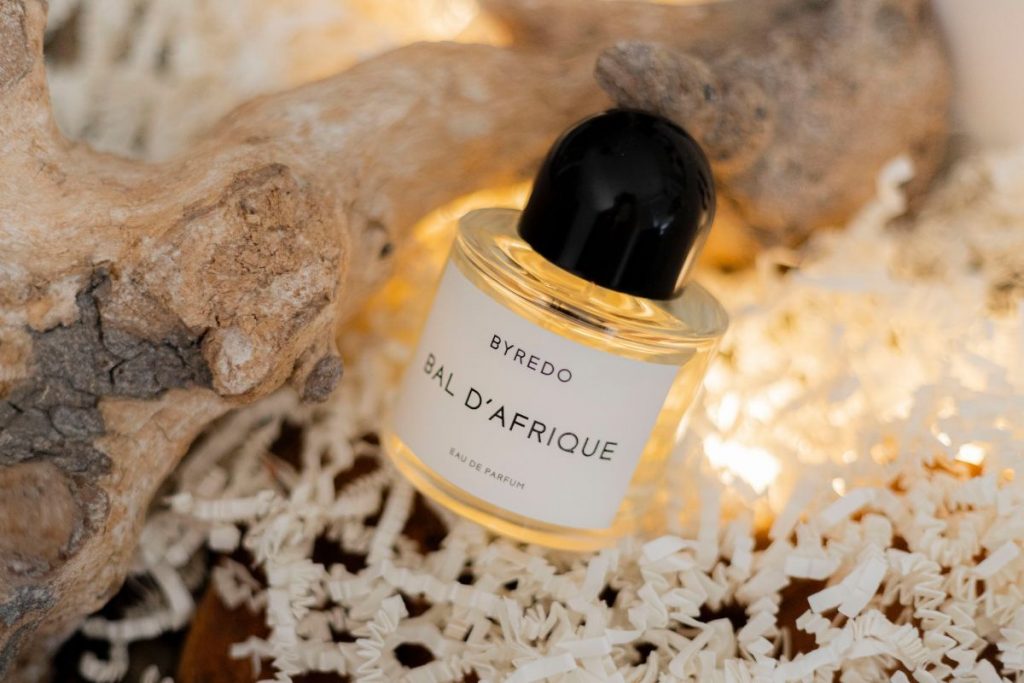
After technical details about the perfume reformulations in the first part of the article, here, I will share what I think about this unpopular topic in the perfume community, the advantages, and disadvantages of reformulations, how to identify reformulated scents, the importance of fragrance reviews, and 10 fragrances that have been kept close to the original formulation after all these years being in the production.
MY THOUGHTS
In all my years as a perfume enthusiast, I have learned to live with reformulations and they don’t bother me anymore. With so many exciting new perfumes being released each year I have decided to move on to something new if my favorite scent has been reformulated beyond recognition.
There are so many other things in life to enjoy besides perfumes. This doesn’t mean that perfumes aren’t my number one hobby, and will probably remain this way for the rest of my life.
But, keep in mind that with other things to experience along with fragrances, being angry at a company that is here mainly to make a profit besides providing you with a great-smelling fragrance is not one of the things that should bother you through the day.
It is what it is, and if you enjoy a new perfume so much that you plan to repurchase it after you finish a bottle, my recommendation would be just to buy a couple of bottles after the initial release and have the first formulation for many years to come.
For example, my number one fragrance of all time is Frédéric Malle Musc Ravageur, a fragrance that is known to be reformulated but I still enjoy it without bothering about whether it smells musky enough or not.
Also, there were many cases like with Dior Homme Intense where the 2015 – 2019 formulations were of lesser quality than the previous formulations, but the latest 2021 formulation became great again.
Knowing all of this, it is much easier to focus on finding scents from the past that are still great, exploring new perfumes, and finding new favorites.
Advantages and disadvantages of fragrance reformulations
Perfume reformulations can have both advantages and disadvantages, from the perspectives of both perfumers and consumers.
If we look at it from the perspective of the perfumer, one advantage of reformulating a fragrance is that it allows them to incorporate new synthetic replacement ingredients without worrying whether the previously banned or restricted natural ingredient will be available.
Sometimes, the synthetics mimic natural raw ingredients to perfection. One great example of this is the Tom Ford brand which does this combination the best in my opinion.
With the mentioned advantages, the main disadvantage perfumers face is the costs of incorporating new ingredients which can be high if it’s something completely new, which can impact the profitability of the brand.
If we take a look from the consumer’s perspective, the advantages of reformulated fragrances are varied and are personally opinionated.
Reformulation can provide a fresh take on a beloved fragrance, extend the life of a fragrance just in the case of the previously mentioned Dior Homme Intense, and bring back life into the scent itself.
However, the disadvantages of reformulated fragrances from the perfume enthusiasts’ perspective are probably the reason which drove you to read this article in the first place.
They include the disappointment of diluted formula and the impact of the consistency and quality of the fragrance for the same or high price. These are some of the things that usually happen when inevitably a perfume gets reformulated.
Identifying reformulated fragrances
As previously stated, reformulations are common in the fragrance industry, and as a perfume user, it can be difficult to determine whether or not your favorite scent has been reformulated.
There are, however, some indicators and tips that can assist you in identifying reformulated fragrances and learning about the changes that have been made.
If possible, comparing a fragrance to its original version is one way to tell if it has been reformulated. There’s a good chance that the fragrance has been reformulated if you notice a significant difference in the scent, such as a change in the top notes or a weaker concentration.
Check the bottle or packaging(changes in the ingredient list) for any indication of changes to identify reformulated fragrances. If you want to learn more about the changes that have been made to a particular fragrance, you can do some research online. Blogs such as Raiders of the Lost Scent do a great job comparing different versions of the most popular fragrances.
Also, you can join many perfume Facebook groups, share the fragrance photos within the post with the group members and see whether you have an old or new edition.
You can also reach out to the fragrance brand for more information, but keep in mind that fragrance houses almost never admit to having reformulated a beloved fragrance.
Fragrance reviews
With fragrance bloggers and YouTube fragrance reviewers, you can ensure that you know exactly what you’re getting. To stay informed about the changes made to perfumes., one way to do this is by reading and watching fragrance reviews.
Not everyone is making perfume reviews just to make a profit out of you, and by reading or watching multiple reviews on the same fragrance, you are getting valuable information about the fragrance you are planning to purchase.
This will provide you with important information about the fragrance’s composition, performance, and longevity, as well as a better understanding of the scent, allowing you to make an informed decision about whether the fragrance is right for you.
It’s important to remember, however, that fragrance reviews are sometimes subjective and should be taken with a grain of salt. What one person finds appealing or long-lasting may not appeal to another.
Ten reformulated fragrances that are still great
- Dior Fahrenheit – a floral leather fragrance released in 1988. The main notes include mandarin orange, violet, and musk. The lasting power is between 6 – 8 hours of longevity with moderate projection.
- Frédéric Malle Musc Ravageur – a spicy oriental fragrance released in 2000. The main notes include clove, musk, and vanilla. The lasting power is between 8– 10 hours of longevity with moderate projection.
- Tom Ford Tobacco Vanille – a spicy oriental fragrance released in 2007. The main notes include tobacco, vanilla, and spices. The lasting power is between 10 – 12 hours of longevity with great projection.
- Dior Homme Intense – a floral oriental fragrance released in 2011. The main notes include iris, vanilla, and cacao. The lasting power is between 8 – 10 hours of longevity with moderate projection.
- Amouage Reflection Man – a floral woody fragrance released in 2007. The main notes include neroli, jasmine, and sandalwood. The lasting power is between 10 – 12 hours of longevity with great projection.
- Serge Lutens Ambre Sultan – an aromatic oriental fragrance released in 1993. The main notes include honey, amber, and bay leaf. The lasting power is between 8 – 10 hours of longevity with moderate projection.
- Serge Lutens Chergui – a woody oriental fragrance released in 2005. The main notes include tobacco, hay, and amber. The lasting power is between 8 – 10 hours of longevity with moderate projection.
- Dior Eau Sauvage Parfum 2017 – a citrus aromatic fragrance released in 2017, The main notes include bergamot, vetiver, and elemi. The lasting power is between 8– 10 hours of longevity with moderate projection.
- Chanel No.5 – a floral aldehydic fragrance released in 1921. The main notes include aldehydes, ylang-ylang, and amber. The lasting power is between 6 – 8 hours of longevity with moderate projection.
- Guerlain Shalimar – an oriental fragrance released in 1925. The main notes include bergamot, vanilla, and incense. The lasting power is between 6 – 8 hours of longevity with moderate projection.
Conclusion
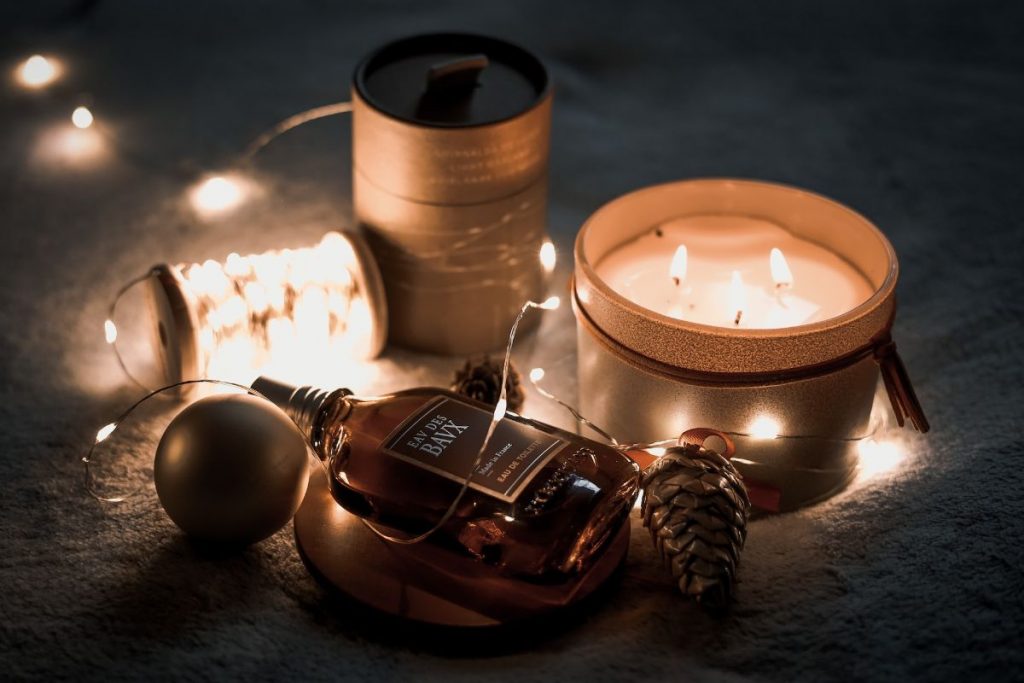
In conclusion, perfume reformulations are a complex and controversial topic in the fragrance industry. This is an even more sensitive topic within the fragrance community which doesn’t take lightly fragrance reformulations in general, and are the first ones to call out brands for doing this.
However, fragrance reformulations are likely to continue to play a role in the fragrance industry and are something we, fragrance enthusiasts will have to live with.
By staying informed and making logical fragrance choices, we can continue to enjoy the scents we love, and share our passion with the rest of the world.
What are your thoughts about perfume reformulations? Is it something you like or dislike? Let’s start a conversation and let me know in the comment section below.
In case you are in doubt about whether you should consider buying any fragrance, it’s always good to take a look at Scent Grail’s S.P.A. Signature Factor Guide.
It is easy to use and the most relevant perfume-buying guide on the web. This way, you can check out if a particular fragrance is worth checking out, and potentially find your signature perfume.
Scent Grail content is free for anyone to use without anything hiding behind the paywall. If you would like to help me do more great articles like this, you can donate via PayPal. Much appreciated.
Find out more Scent Grail articles about perfumery, check out top lists, and other helpful reviews via the links below:
REVIEWS
- Dior Sauvage Eau De Parfum
- Acqua Di Parma Colonia Club
- Nasomatto Pardon
- Carner Barcelona Cuirs
- Blu Atlas Atlantis
- Tom Ford Costa Azzurra
TOP LISTS
- My Most Worn Perfumes Of 2022
- My Most Disappointing Perfume Purchases Of 2022
- My Biggest Perfume Discoveries Of 2022
- My Top 5 Best Blind Buy Fragrance Purchases
- Top 10 Best Spring Fragrances For Women
- Top 10 Best Spring Fragrances For Men
SCENT GRAIL LEARNING CENTER
- How To Start A Perfume Collection
- Designer Vs Niche Fragrances
- Fragrance Discounters
- Fragrance Strengths & Perfume Concentrations
- How To Wear Perfume
- How To Find Your Signature Scent
Until next time, have a great time, and keep smelling like a million bucks!
Best, Marin!
#scentgrail #scentgrailtribe
Scent Grail on Social Media: Facebook | Twitter | Instagram | Pinterest
Your number one source for Holy Grail Scents.
– MARIN KRISTIC

